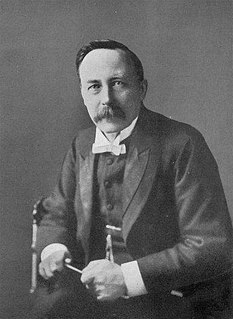A Quote by Albert Camus
The absurd is sin without God.
Quote Topics
Related Quotes
God has decided the rules of life, whereby you don't trespass on anybody else's rights, and sin is something that upsets the balance of things. There are three types of sin: sin against yourself; sin against other people; and sin against God. People often sin against themselves and others and misbehave with God, too.
What is sin? It is the glory of God not honored. The holiness of God not reverenced. The greatness of God not admired. The power of God not praised. The truth of God not sought. The wisdom of God not esteemed. The beauty of God not treasured. The goodness of God not savored. The faithfulness of God not trusted. The commandments of God not obeyed. The justice of God not respected. The wrath of God not feared. The grace of God not cherished. The presence of God not prized. The person of God not loved. That is sin.
In the deceitfulness of our hearts, we sometimes play with temptation by entertaining the thought that we can always confess and later ask forgiveness. Such thinking is exceedingly dangerous. God’s judgement is without partiality. He never overlooks our sin. He never decides not to bother, since the sin is only a small one. No, God hates sin intensely whenever and wherever He finds it.
We want to be saved from our misery, but not from our sin. We want to sin without misery, just as the prodigal son wanted inheritance without the father. The foremost spiritual law of the physical universe is that this hope can never be realized. Sin always accompanies misery. There is no victimless crime, and all creation is subject to decay because of humanity’s rebellion from God.
Faith stands or falls on the truth that the future with God is more satisfying than the one promised by sin. Where this truth is embraced and God is cherished above all, the power of sin is broken. The power of sin is the power of deceit. Sin has power through promising a false future. In temptation sin comes to us and says: "The future with God on his narrow way is hard and unhappy, but the way I promise is pleasant and satisfying." The power of sin is in the power of this lie.









































